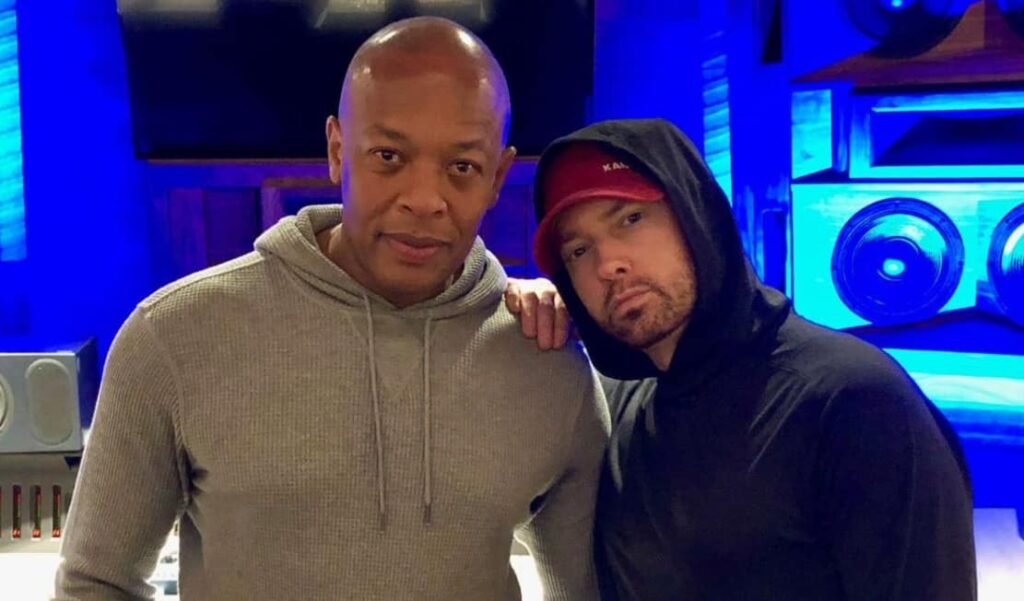Before JEROME FARRIS, CYNTHIA HOLCOMB HALL, and BARRY G. SILVERMAN, Circuit Judges. Jerome B. Falk Jr., Daniel B. Asimow, Sara J. Eisenberg, Howard Rice Nemerovski Canady Falk & Rabkin PC, San Francisco, CA; and Richard S. Busch, King & Ballow, Nashville, TN, for the plaintiffs-appellants. Glenn D. Pomerantz, Kelly M. Klaus, and Melinda E. Lemoine, Munger, Tolles & Olson L.L.P., Los Angeles, CA, for the defendants-appellees.
OPINION
This dispute worries the share of royalties because of Plaintiffs F.B.T. Productions, L.L.C., and Em2M, L.L.C., below their contracts with Defendant Aftermath in connection with the recordings of Marshall B. Mathers, III, professionally called the rap artist Eminem.1 Specifically, F.B.T. Aftermath disagreed on whether the contracts’ ‘Records Sold” provision or “Masters Licensed” provision units the royalty price for sales of Eminem’s statistics inside the shape of permanent downloads and mastertones. Before trial, F.B.T. Moved for precis judgment that the Master’s Licensed provision unambiguously applied to everlasting downloads and mastertones. The district courtroom denied the motion. At the close of evidence, F.B.T. Did no longer move for judgment as a count of law, and the jury returned a verdict in favor of Aftermath. On appeal, F.B.T. Reasserts that the Master’s Licensed provision unambiguously applies to permanent downloads and mastertones. We agree that the contracts are unambiguous and that the district courtroom should have granted precise judgment to F.B.T. We, therefore, oppose the judgment and vacate the district court docket’s order awarding Aftermath its lawyers’ costs.
BACKGROUND
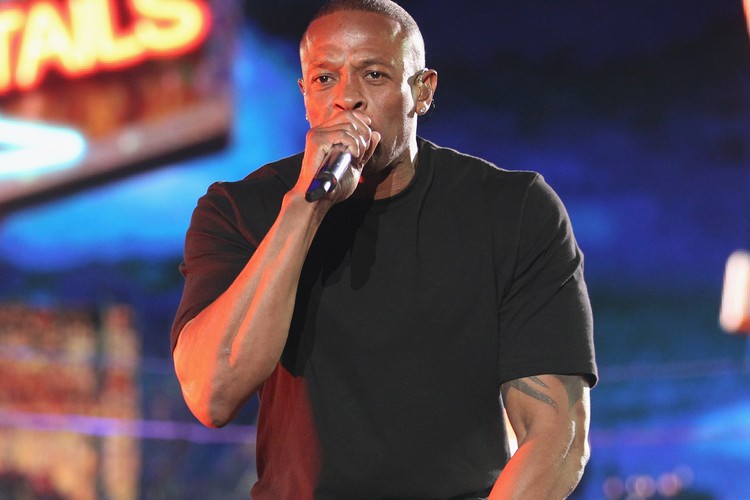
F.B.T. Signed Eminem in 1995, gaining distinctive rights to his recordings. In 1998, F.B.T. Signed a settlement shifting Eminem’s exceptional recording services to Aftermath. The “Records Sold” provision of that settlement provides that F.B.T. It is to acquire between 12% and 20% of the adjusted retail charge of all “full price facts bought in the United States ․ thru everyday retail channels.” The agreement similarly provides that “[n]otwithstanding the preceding,” F.B.T. Is to get hold of 50% of Aftermath’s net receipts “[o]n masters licensed by using us ․ to others for his or her manufacture and sale of records or every other uses.” The parties refer to this provision as the “Masters Licensed” provision. The agreement defines “grasp” as a “recording of sound, with or without visible photos, that is used or beneficial inside the recording, manufacturing or manufacture of data.” The settlement does not incorporate a definition of “licensed” or “normal retail channels.”
In 2002, Aftermath’s determined organization, Defendant U.M.G. Recordings, Inc., agreed with Apple Computer, IncThat enabled U.M.G. ‘s sound recordings, together with the Eminem masters, to be sold thru Apple’s iTunes shop as permanent downloads. Permanent downloads are virtual copies of recordings that, as soon as downloaded over the Internet, stay on a cease user’s pc or another device till deleted. However, the contract between U.M.G. and Apple is one example of the numerous agreements that Aftermath has concluded to promote sound recordings in digital formats, given about 2001. Since 2003, Aftermath has additionally concluded contracts with major cellular phone network companies to sell sound recordings as mastertones, which can be short clips of songs purchased using customers to signal incoming calls, popularly known as ringtones.
In 2003, F.B.T. Aftermath entered a new agreement that terminated the 1998 settlement. The 2003 agreement increased a few royalty costs. However, it included the wording of the Records Sold and Masters Licensed provisions from the 1998 settlement. In 2004, the events amended the agreement to provide that “Sales of Albums by using a manner of everlasting download shall be treated as [U.S. Normal Retail Channel] Net Sales for escalations.” Escalations will increase within the royalty charge while overall album sales surpass certain objectives. The modification similarly provides, “Except as in particular modified herein, the Agreement will be unaffected and remain in complete pressure and impact.”
F.B.T. Added suit after a 2006 audit confirmed that Aftermath has been applying the Records Sold provision to calculate the royalties due to F.B.T. For sales of Eminem’s recordings in the form of everlasting downloads and mastertones. Before trial, F.B.T. Moved for precise judgment that the Master’s Licensed provision unambiguously carried out to those sales. Aftermath move-moved for summary judgment. It argued, in part, that the 2004 modification confirmed that the events supposed the Records Sold provision to apply to everlasting downloads.
After provisionally reviewing the undisputed extrinsic evidence, the district court docket concluded that the agreements were moderately prone to both birthday celebrations’ interpretation and denied both motions for precise judgment. At trial, the most effective Aftermaths moved for judgment as a count number of regulations at the close of the evidence. The court denied the motion. The jury backed a verdict in favor of Aftermath, and the district courtroom awarded Aftermath its attorneys’ expenses of over $2.4 million. F.B.T. Timely appealed the district court’s last judgment and award of legal professional’s charges. We have jurisdiction under twenty-eight U . S.C. § 1291, and we reverse.
DISCUSSION

- F.B.T. Is Not Precluded from Arguing that the Masters Licensed Provision Unambiguously Applies to Permanent Downloads and Mastertones.
F.B.T. Did not file a pre-verdict motion for judgment as a reliance on the law under Federal Rule of Civil Procedure 50, so it has now not preserved “a task to the sufficiency of the evidence to assist the decision” in this example. Nitco Holding Corp. V. Boujikian, 491 F.3d 1086, 1089 (ninth Cir.2007). However, F.B.T. ‘s argument that the contracts are unambiguous raises trouble of regulation that does not include relaxation at the sufficiency of the proof to support the jury’s verdict. See Wolf v. Superior Court, 8 Cal. Rptr.3d 649, 656 (Ct. App.2004) (“The trial court’s determination of whether or not an ambiguity exists is a query of regulation, problem to unbiased overview on attraction.”). Therefore, F.B.T. should no longer give that argument in a motion for judgment as a count of regulation. Rather, F.B.T. Needed to improve the argument sooner or later before the decision submitted the case to the jury, which it did. See Cochran v. City of L.A., 222 F.3d 1195, 1200 (9th Cir.2000) (retaining that an issue of law that “does not concern the sufficiency of the proof offered to the jury” want now not be raised in a movement for judgment as a depend of law to maintain the problem for attraction); Landes Constr. Co. V. Royal Bank of Can., 833 F.Second 1365, 1370 (9th Cir.1987) (“As long as a celebration nicely increases a difficulty of law before the case is going to the jury, it want no longer encompass the problem in a motion for a directed verdict that allows you to hold the question on attraction.”).
F.B.T. Argued that the settlement turned unambiguous in its motion for summary judgment, and the district court docket denied the motion. A district court’s denial of summary judgment is a situation to review on appeal, notwithstanding full trial at the merits, “wherein the district courtroom made an error of law that, if not made, might have required the district court docket to furnish the movement.” Banuelos v. Constr. Laborers’ Trust Funds for S. Cal., 382 F.3d 897, 902 (ninth Cir.2004) (mentioning Pavon v. Swift Transp. Co., Inc., 192 F.3d 902, 906 (9th Cir.1999)). For example, in Wilson Arlington Co. V. Prudential Insurance Co., 912 F.2nd 366, 370-seventy one (9th Cir.1990), we reversed the denial of a summary judgment motion after a jury trial because the agreement in question became unambiguous as a matter of regulation. Accord King v. P.A. Consulting Group, Inc., 485 F.3d 577, 589 (tenth Cir.2007) (preserving that despite the absence of a movement for judgment as a be counted of regulation, “King correctly preserved the merely prison query of whether the Agreement is ambiguous via raising the matter in his trial quick”); Chemetall GMBH v. Z.R. Energy, Inc., 320 F.3d 714, 718-20 (7th Cir.2003) (reviewing a district court’s conclusion on summary judgment that a settlement was ambiguous notwithstanding the absence of a motion for judgment as a count of law at trial); White Consol. Indus., Inc. V. McGill Mfg. Co., one hundred sixty-five F.3d 1185, 1189-90 (8th Cir.1999) (equal).
Like in Wilson, we might also evaluate the district court’s determination that the contracts, in this case, are ambiguous. Under California law, “[t]he language of a settlement is to manipulate its interpretation, if the language is obvious and specific, and does not involve an absurdity.” Cal. Civ. Code § 1638. Parol’s evidence is well admitted to constructing a contract most effectively while its language is ambiguous.
Whether or not to confess, parol proof includes a -step procedure. First, the court provisionally receives (without virtually admitting) all credible proof regarding the parties’ intentions to determine “ambiguity,” i.E., whether the language is “moderately inclined” to the translation entreated by a party. If in light of the extrinsic evidence, the courtroom decides the language is “moderately inclined” to the translation urged, the extrinsic proof is then admitted to aid within the 2d step-decoding the contract.
Winter v. Price, 6 Cal.Rptr.2nd 554, 557 (Ct. App.1992). Despite the trial courtroom’s provisional review of extrinsic evidence, its willpower of whether an ambiguity exists stays “a question of law, situation to independent evaluate on enchantment.” Wolf, 8 Cal. Rptr. At 656, see also City of Hope Nat’l Med. Ctr. V. Genetech, Inc., 181 P.3d 142, 156 (Cal., 2008) (declaring that agreement interpretation is a query of regulation for the courtroom “while it is far based totally on the phrases of the tool on my own [or] while there may be no warfare inside the extrinsic evidence”).
Here, F.B.T. Moved for summary judgment that the Master’s Licensed provision unambiguously applied to everlasting downloads and mastertones. The district court denied F.B.T. ‘s movement because it determined that the agreements had been fairly liable to Aftermath’s contrary interpretation that the Records Sold provision implemented. That willpower becomes a “question of regulation,” Wolf, 8 Cal. Rptr.3d at 656, that if decided in F.B.T. ‘s choice “could have required the district court docket to provide the [summary judgment ] motion,” Banuelos, 382 F.3d at 902. We may also consequently evaluate the district court docket’s denial of summary judgment no matter the full trial it deserves.
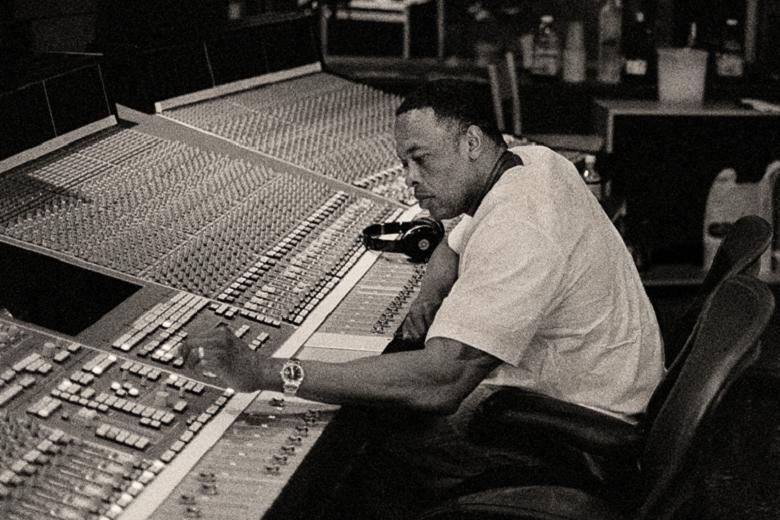
- The District Court Erred in Determining that the Contracts Were Ambiguous.
Turning to the agreements, the Records Sold provision carries the royalty fee for “full charge facts brought within the United States ․ through ordinary retail channels.” On summary judgment, Aftermath argued that the Records Sold provision was carried out because everlasting downloads and mastertones are facts and due to the fact iTunes and other virtual song vendors are normal retail channels in the United States.
However, the agreements also provide that “notwithstanding” the Records Sold provision, F.B.T. Is to obtain a 50% royalty on “masters certified by [Aftermath ] ․ to others for his or her manufacture and sale of records or any other makes use of.” The parties’ use of the word “however” suggests that even supposing a transaction arguably falls within the scope of the Records Sold provision, F.B.T. It will receive a 50% royalty if Aftermath licenses an Eminem master to a third celebration for “any” use. A contractual period is not always ambiguous just because it is miles huge. Here, the Master’s Licensed provision explicitly applies to (1) masters (2) that are certified to 1/3 parties for the manufacture of data “or for another makes use of,” (3) “notwithstanding” the Record Sold provision. This provision is de facto large, but it is not unclear or ambiguous.
Accordingly, to determine whether or not the Master’s Licensed provision applies, we must determine whether Aftermath certified the Eminem masters to third events. Aftermath argues that there has been no proof that it or F.B.T. Used the period “certified” in a technical sense. See Cal. Civ. Code § 1644 (“The phrases of a contract are to be understood in their everyday and famous experience, instead of in keeping with their strict legal which means; until utilized by the parties in a technical experience․”). In the regular feel of the phrase, a license is virtual “permission to behave.” WEBSTER’S THIRD NEW INTERNATIONAL DICTIONARY OF THE ENGLISH LANGUAGE 1304 (2002). Aftermath no longer disputed that it entered into agreements that accredited iTunes, mobile phone providers, and other 1/3 events to use its sound recordings to provide and promote everlasting downloads and mastertones. Those agreements consequently qualify as licenses under Aftermath’s proposed period of construction.
The conclusion that Aftermath licensed the Eminem masters to third parties also comports nicely with and unearths additional assistance in federal copyright law. When one seems to the Copyright Act, the phrases “license” and “sale” have properly differentiated meanings. The differences between the two play a vital function inside the universal structures and guidelines that govern creative rights. For example, under the language of the Act and the Supreme Court’s interpretations, a “sale” of a work may be a switch in the title of a personal replica of a work or a sale of all exceptional intellectual belongings rights in a piece. See 17 U.S.C. § 109 (describing the “first sale” doctrine); Quality King Distribs. V.. L’Anza Research Int’l, 523 U.S. One hundred thirty-five, one hundred forty-five (1998) (describing the switch of a person reproduction of a work as a sale); see also 3-10 NIMMER ON COPYRIGHT § 10.02 (2009) (describing a transfer of all possession in copyright as a sale).
There is not any dispute that Aftermath turned into in any respect relevant times the proprietor of the copyrights to the Eminem recordings at the problem, in this case, having obtained the rights of the one through the recording contracts in trade for specific royalty payments. Under its agreements with Apple and other third parties, Aftermath no longer “sells” something to the download vendors. The download vendors no longer attain identity to the digital documents. The ownership of these files remained with Aftermath. Aftermath reserved the right to regain ownership of the files at any time, and Aftermath received routine blessings in the form of bills based on the extent of downloads.
Much as Section 109 describes a “sale” below the “first sale” doctrine, various other sections of the Copyright Act light up the which means of the term “license.” For instance, section 114(f), titled “Licenses for Certain Nonexempt Transmissions,” describes the statutory authorization for a third party to exercise public overall performance rights that otherwise remain the special rights of a copyright holder and defines this authorization as a “license.” 17 U.S.C. § 114(f); see also 17 U.S.C. §§ 111(a), 114(d)(2). Section a hundred and fifteen, titled “Scope of Exclusive Rights in Nondramatic Musical Works: Compulsory License for Making and Distributing Phonorecords,” refers directly to the statutory authorization for artists to exercise the copyright owner’s proper to make and distribute phonorecord “covers” as a license, but again makes it clear that name stays with the copyright proprietor. 17 U.S.C. § a hundred and fifteen.
Under our case regulation decoding and making use of the Copyright Act, too, it is miles well settled that where a copyright proprietor transfers a replica of copyrighted material, retains the name, limits the makes use of to which the fabric can be put, and is compensated periodically based totally on the transferee’s exploitation of the cloth, the transaction is a license. See, e.G., Wall Data Inc. V. Los Angeles County Sheriff’s Dep’t, 447 F.3d 769, 785 (9th Cir.2006); M.A.I. Sys. Corp. V. Peak Computer, Inc., 991 F.2nd 511 (9th Cir.1993); United States v. Wise, 550 F.2nd 1180, 1190-91 (9th Cir.1977); Hampton v. Paramount Pictures Corp., 279 F.Second one hundred, 103 (ninth Cir.1960).
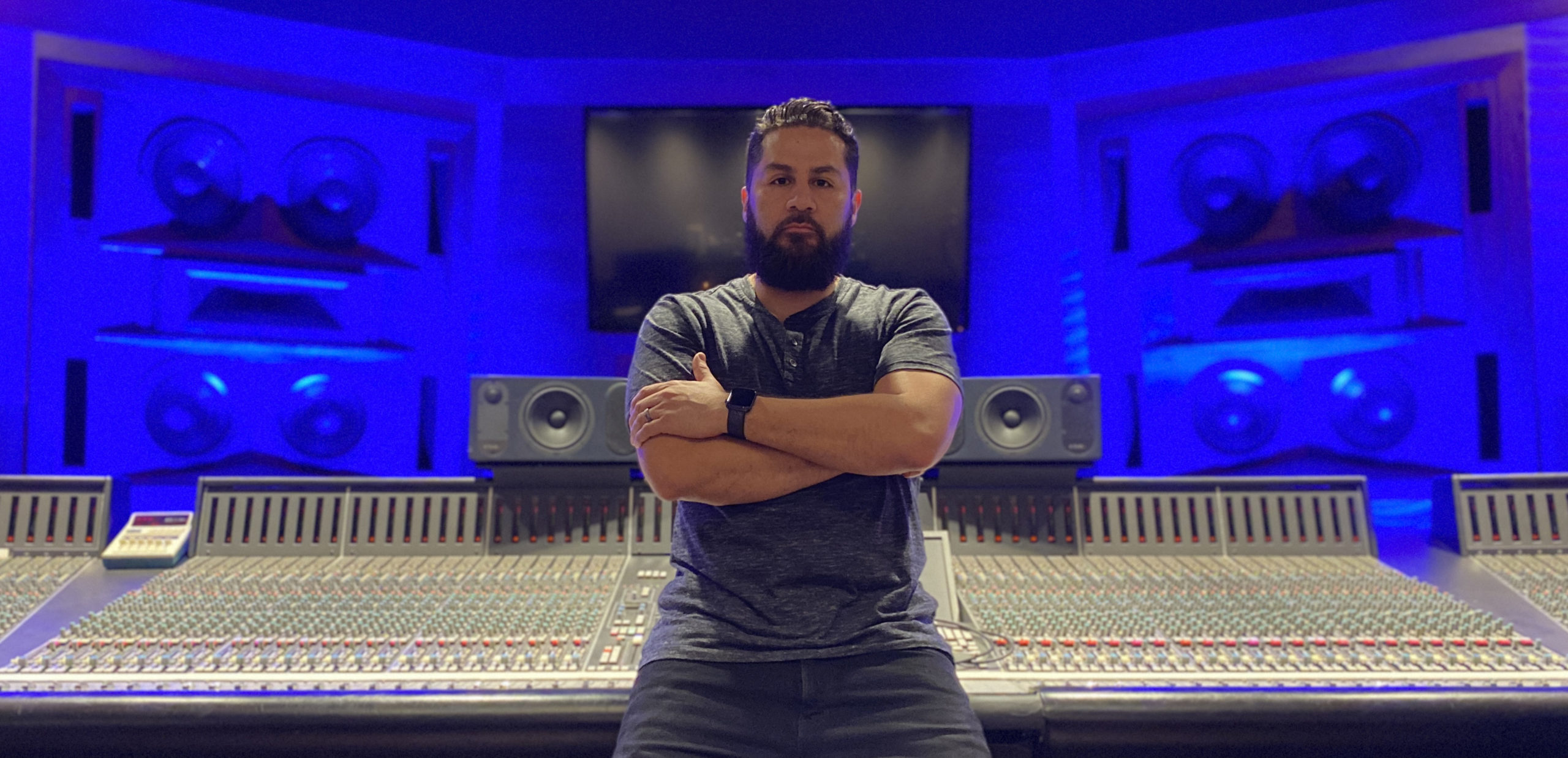
It is without difficulty gleaned from those resources of federal copyright law that a license is an authorization by the copyright proprietor to allow every other celebration to engage in behavior that would in any other case be the special property of the copyright proprietor, but without moving name in the rights of the one. This permission may be granted for the copyright itself, for the physical media containing the copyrighted work, or for each the copyright and the physical media.
When the information of this case is viewed thru the lens of federal copyright law, it is miles all of the more clear that Aftermath’s agreements with the 0.33-celebration download carriers are “licenses” to use the Eminem master recordings for precise functions authorized thereby-i.E., to create and distribute permanent downloads and mastertones-in alternate for periodic payments based at the number of downloads, with none switch in the title of Aftermath’s copyrights to the recordings. Thus, federal copyright regulation supports and reinforces our belief that Aftermath’s agreements permitting third events to use its sound recordings to supply and promote permanent downloads and mastertones are licenses.
Furthermore, the sound recordings that Aftermath provided to third parties qualify as masters. The contracts define a “grasp” as a “recording of sound ․ which is used or beneficial inside the recording, production or manufacture of statistics.” Aftermath admitted that permanent downloads and mastertones are information. The sound recordings that Aftermath furnished to 1/3 of events were “used or beneficial” within the manufacturing of permanent downloads and mastertones, so the sound recordings have been masters. Because Aftermath authorized 1/3 of events to use the Eminem masters to supply and sell facts, inside the shape of everlasting downloads and mastertones, F.B.T. Is entitled to a 50% royalty beneath the plain terms of the agreements.
Aftermath argues that the 2004 change to the agreements clarified that the Records Sold provision units the royalty for permanent downloads. However, the 2004 amendment states best that albums offered as everlasting downloads are to count “for functions of escalations” below the Records Sold provision and that “[e]xcept as specifically changed herein, the Agreement will be unaffected and continue to be in full pressure and effect.” Read in context, the clear language of the change gives that sales of permanent downloads through 0.33 events rely on escalations on the royalty owed. At the same time, Aftermath itself sells data through normal retail channels. It does not state, and in no manner implies, that the royalty charge for the sale of the permanent downloads with the aid of 1/3 parties is set with the aid of the Records Sold provision.
Nor did any of the proof regarding industry custom or the events’ course of performance assist Aftermath’s interpretation that the Records Sold provision applies. Aftermath’s professional defined that the Master’s Licensed provision had been implemented “simplest to compile data and incorporation into films, T.V. indicates, and classified ads.” It became, but undisputed, that permanent downloads and mastertones simplest got here into lifestyles from 2001 to 2003. Consequently, the truth that the Master’s Licensed provision had never formerly been carried out to those licensing types is immaterial. There is no indication that the parties meant to restrict the contract to the nation of the enterprise in 1998.
On the contrary, the agreement contemplated advances in technology. It stated that Aftermath had the right to take advantage of the “masters in any forms of media now recognized and from now on advanced.” Aftermath’s proof of ways the Master’s Licensed provision had been applied inside the beyond and therefore did not have substantial doubt on its software to permanent downloads and mastertones.
Furthermore, Aftermath renewed its settlement with F.B.T. In 2003, using which time permanent downloads and mastertones were coming into life. Aftermath argued that next to renewal, F.B.T. Had “never objected to Defendants’ price of royalties beneath the Records Sold provision until the auditor raised the difficulty in 2006.” However, Aftermath provided no proof that F.B.T. Knowingly acquiesced to feet below the Records Sold provision between 2003 and 2006. It showed that F.B.T. Had obtained statements that included royalties for everlasting downloads and mastertones, but it became uncontroverted that F.B.T. Did no longer audit those royalty statements until 2006. F.B.T. Had no obligation to audit the statements any earlier than it did, and it, without delay, raised the difficulty with Aftermath after the audit. Accordingly, Aftermath can not use F.B.T. ‘s loss of objection to payments made before 2006 to show how it interpreted the agreements. See Barnhart Aircraft, Inc. V. Preston, 297 P. 20, 22 (Cal., 1931) (conserving that a celebration’s acts may be used to construe its interpretation of a settlement only where such acts have been “direct, tremendous and deliberate and ․ accomplished in an attempted compliance with the phrases of the agreement or agreement”). The undisputed extrinsic evidence provisionally reviewed by using the district court docket, therefore, did no longer assist Aftermath’s interpretation that the Records Sold provision applies.
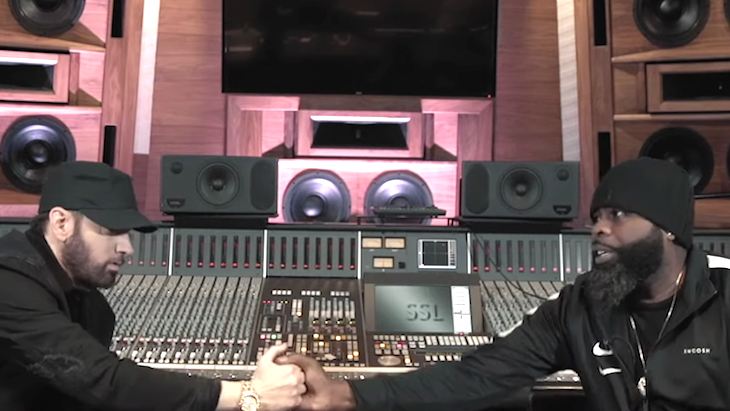
In sum, the agreements unambiguously offer that “notwithstanding” the Records Sold provision, Aftermath owed F.B.T. A 50% royalty below the Master’s Licensed provision for licensing the Eminem masters to 0.33 events for any use. It becomes undisputed that Aftermath authorized third parties to apply the Eminem masters to provide and promote permanent downloads and mastertones. Neither the 2004 change nor any of the parole proof provisionally reviewed by using the district court supported Aftermath’s interpretation that the Records Sold provision implemented. Because the agreements had been unambiguous and have been now not fairly liable to Aftermath’s interpretation, the district court docket erred in denying F.B.T. Summary judgment.
The judgment in favor of Aftermath is REVERSED, the district courtroom’s order granting Aftermath its legal professionals’ charges is VACATED, and the case is REMANDED for further lawsuits consistent with this opinion.
FOOTNOTES
- This case involves more than one plaintiff and Defendant. For ease of reference, we talk to Plaintiffs collectively as F.B.T. and Defendants as Aftermath.


